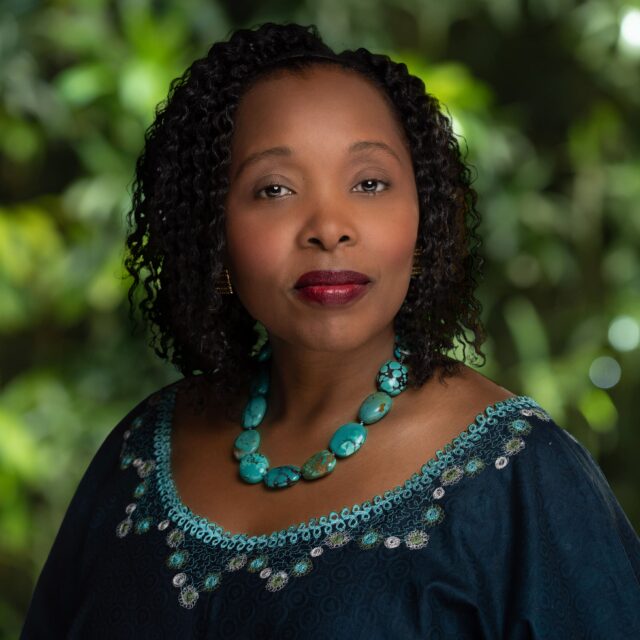Keynote Speaker
Éliane Ubalijoro, PhD is Chief Executive Officer of the Center for International Forestry Research and World Agroforestry (CIFOR-ICRAF) and Director General of ICRAF. An accomplished leader with a background in agriculture and molecular genetics, she serves on several boards and has been recognized for outstanding contributions in the areas of innovation, gender equity, and sustainable prosperity creation.

Éliane Ubalijoro
Center for International Forestry Research and World Agroforestry
CEO
Promoting a Global Bioeconomy Partnership
Germany supports a FAO-Project on the development of Terms of Reference for a Global Bioeconomy Partnership.
Please find here a short summary of the project in all UN languages and in German and Portugese:


